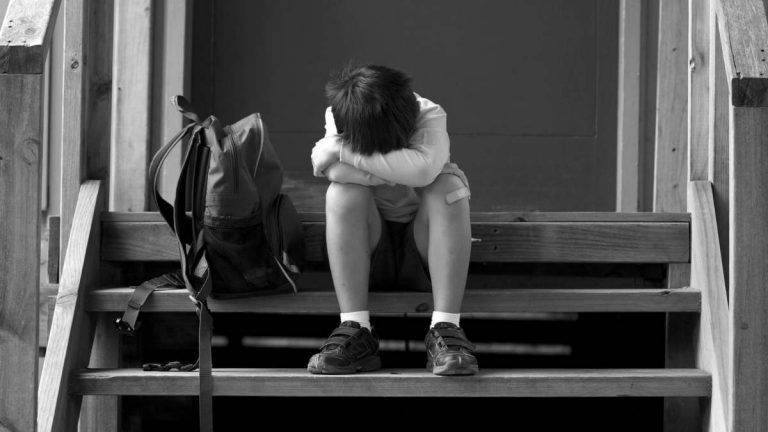
Why Mental Health Matters for Children: Understanding and Supporting Emotional Well-being
Learn about the crucial role emotional and mental health play in a child’s overall well-being and how WOHM is working to support them.

Raising a child can be a challenging task, and dealing with a child who engages in bullying behavior can be even more difficult. However, as a parent, it’s important to understand the behavior and take steps to address it. In this blog post, we’ll explore the topic of bully children and provide you with some helpful tips and advice on how to deal with the situation.
Before we discuss how to deal with a bully child, it’s important to understand the reasons behind the behavior. Children may bully for various reasons, such as low self-esteem, insecurity, a need for power and control, or a lack of proper boundaries and consequences at home. Furthermore, some children may have experienced bullying themselves or witnessed it in their environment, and this can shape their behavior.
It’s not always easy to recognize when your child is engaging in bullying behavior, but there are some signs you can look for. For example, your child may seem overly aggressive or boastful, or they may frequently tease or pick on other children. Additionally, you may hear reports from teachers or other parents about your child’s behavior.
Try to have an open and honest conversation with your child about their behavior. Encourage them to talk about their feelings and experiences, and listen to their perspective.
Let your child know that bullying behavior is unacceptable and that there will be consequences for their actions.
Help your child understand the impact of their behavior on others by teaching them empathy and promoting a culture of kindness and respect.
Consider seeking the help of a therapist or counselor who can help you and your child work through the underlying issues that may be contributing to the behavior.
In addition to addressing existing bullying behavior, it’s important to take steps to prevent it from happening in the future. Here are some ways you can do that:
Create a positive and supportive home environment where your child feels valued and respected.
Encourage your child to form positive relationships with others, such as through sports, clubs, or other activities.
Teach your child to be assertive and to stand up for themselves in a healthy and appropriate way.
As a parent, you can lead by example by demonstrating positive behavior and treating others with kindness and respect.
In summary, addressing bully behavior in children requires a combination of understanding the reasons behind the behavior, taking action to address it, and taking steps to prevent it in the future. With the right support and guidance, you can help your child develop positive relationships and become a responsible and caring member of their community.

Learn about the crucial role emotional and mental health play in a child’s overall well-being and how WOHM is working to support them.